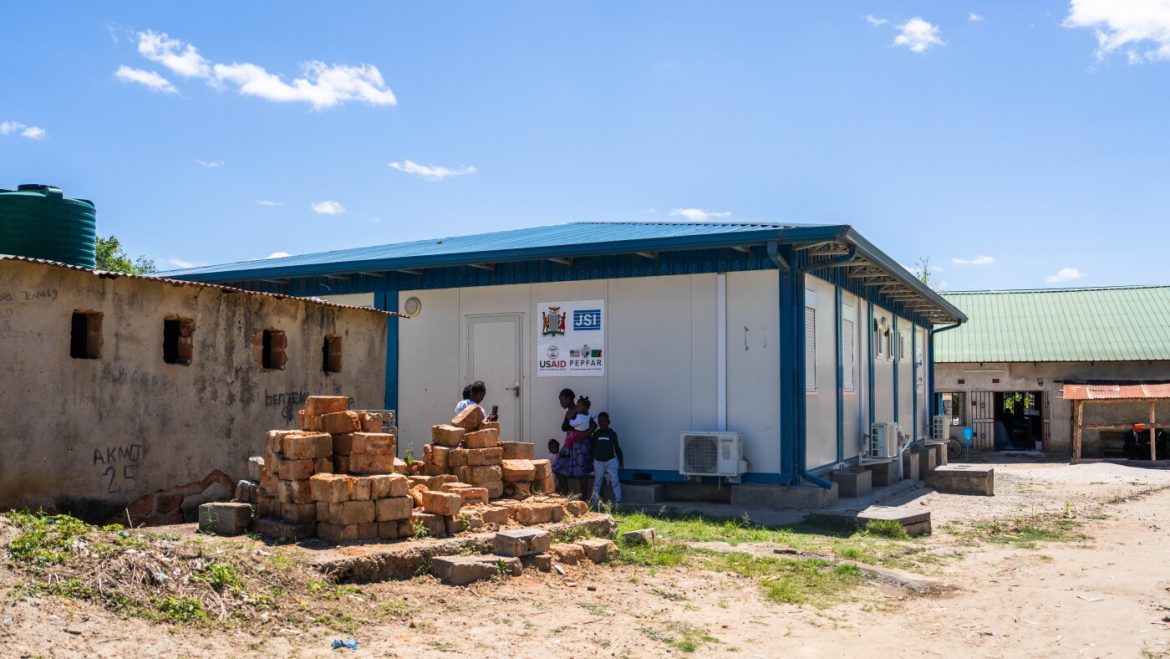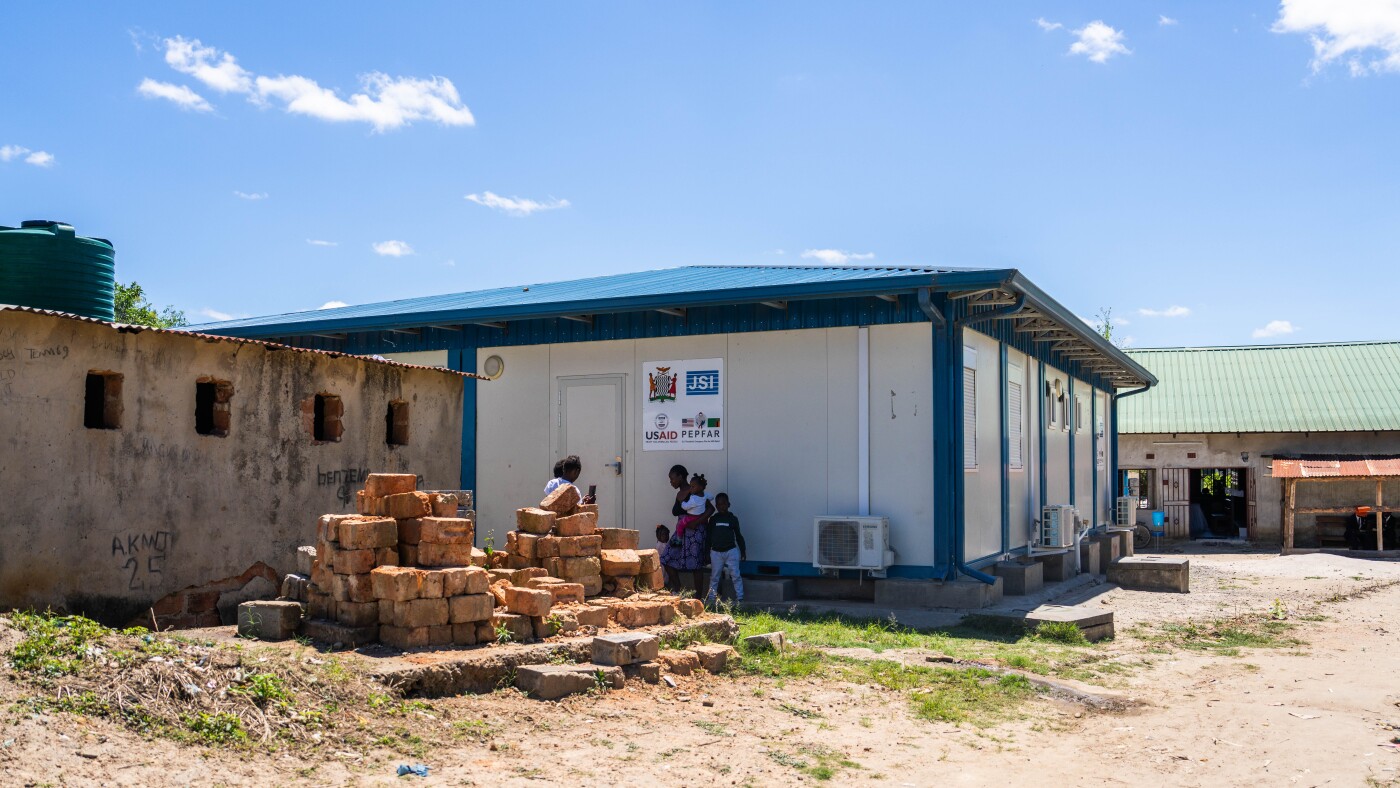The Critical Role of PEPFAR in Global Health: A Comprehensive Analysis
Introduction: A Beacon of Hope in Global Health
The President’s Emergency Plan for AIDS Relief (PEPFAR) stands as a testament to the power of international cooperation and sustained investment in global health. Launched in 2003 under President George W. Bush, PEPFAR has transformed the landscape of HIV/AIDS treatment and prevention, saving millions of lives and fostering resilience in communities worldwide. However, recent threats to its funding have sparked urgent discussions about the program’s future and the broader implications for global health initiatives.
A Narrow Escape: PEPFAR’s Survival Amid Budgetary Threats
The recent proposal to include PEPFAR in a federal budget rescission package sent shockwaves through the global health community. The potential cuts threatened to undermine the progress made in combating HIV/AIDS, a disease that has claimed millions of lives and continues to disproportionately affect vulnerable populations. The Senate’s decision to remove PEPFAR from the rescission list was a critical victory, demonstrating bipartisan support for the program’s mission.
The White House’s agreement to exempt PEPFAR from the rescissions further underscored the program’s importance. This bipartisan consensus reflects a recognition of PEPFAR’s achievements and its indispensable role in the global fight against HIV/AIDS. However, the near-miss serves as a stark reminder of the precarious nature of global health funding and the need for sustained advocacy and political will.
A Legacy of Lifesaving Impact
PEPFAR’s impact on global health is nothing short of extraordinary. Since its inception, the program has saved an estimated 26 million lives, a testament to the power of strategic interventions and sustained investment. PEPFAR’s success is rooted in its comprehensive approach, which includes providing antiretroviral treatment (ART) to people living with HIV, preventing new infections, and supporting comprehensive care and prevention programs.
Beyond individual health outcomes, PEPFAR has strengthened healthcare systems in numerous countries, built local capacity, and fostered partnerships between governments, civil society organizations, and international agencies. These investments have contributed to broader development goals, including improved maternal and child health, economic growth, and social stability. PEPFAR’s legacy is not just measured in lives saved but also in the resilience and capacity it has built in communities around the world.
The Unfinished Business: Challenges and Opportunities
Despite its remarkable achievements, the fight against HIV/AIDS is far from over. Significant challenges remain, requiring innovative solutions and sustained commitment. One of the most pressing challenges is reaching the “last mile,” ensuring that marginalized and underserved populations have access to HIV prevention and treatment services. This requires tailored approaches that address the specific needs of these communities, including cultural, social, and economic barriers.
Stigma and discrimination continue to be major obstacles to accessing HIV services. Efforts to combat stigma and promote acceptance are crucial for ensuring that everyone has access to the care they need. This includes community-based interventions, education campaigns, and policy reforms that protect the rights of people living with HIV.
Ensuring sustainable financing is another critical challenge. Sustaining the progress made against HIV/AIDS requires long-term financial commitment. Innovative financing mechanisms, such as social impact bonds and public-private partnerships, can help mobilize additional resources. Increased domestic resource mobilization is also essential, as countries must take ownership of their HIV responses to ensure long-term sustainability.
The HIV epidemic is constantly evolving, with new challenges emerging, such as drug resistance and co-infections. PEPFAR must adapt its strategies to address these evolving challenges, including investing in research and development of new treatments and prevention technologies. Strengthening health systems and building capacity to respond to HIV/AIDS can also help countries prepare for and respond to other health threats, such as pandemics.
The Road Ahead: Sustaining PEPFAR’s Momentum
The recent attempt to cut PEPFAR’s funding serves as a reminder that the program’s future is not guaranteed. To ensure that PEPFAR can continue to make progress against HIV/AIDS, several steps are necessary. Continued advocacy from policymakers, civil society organizations, and affected communities is essential for maintaining political support for PEPFAR. Transparency and accountability are also crucial, ensuring that resources are used effectively and efficiently.
Innovation is key to accelerating progress. PEPFAR should continue to support innovation in HIV prevention, treatment, and care, exploring new approaches and technologies. Strengthening partnerships with governments, civil society organizations, and the private sector is crucial for maximizing the impact of PEPFAR’s investments. Data-driven decision-making should guide PEPFAR’s strategies, ensuring that resources are targeted to the areas where they can have the greatest impact.
Prioritizing equity in access to HIV services is essential for reaching the most vulnerable and marginalized populations. This includes addressing structural barriers, such as poverty, gender inequality, and discrimination, that limit access to care. By focusing on equity, PEPFAR can ensure that no one is left behind in the fight against HIV/AIDS.
Navigating an Uncertain Future
PEPFAR’s escape from the rescission ax offers a moment of relief and reinforces the program’s vital role in global health. However, it also underscores the need for vigilance and proactive engagement to ensure its continued success. The future of PEPFAR, like many global health initiatives, hinges on sustained political will, financial commitment, and adaptive strategies to address evolving challenges.
The path forward requires a collective effort to solidify PEPFAR’s legacy and continue its life-saving mission. By leveraging the lessons learned from the past two decades, PEPFAR can pave the way for a future free from the burden of HIV/AIDS. The global health community must remain united in its commitment to this cause, ensuring that PEPFAR’s impact endures for generations to come.


